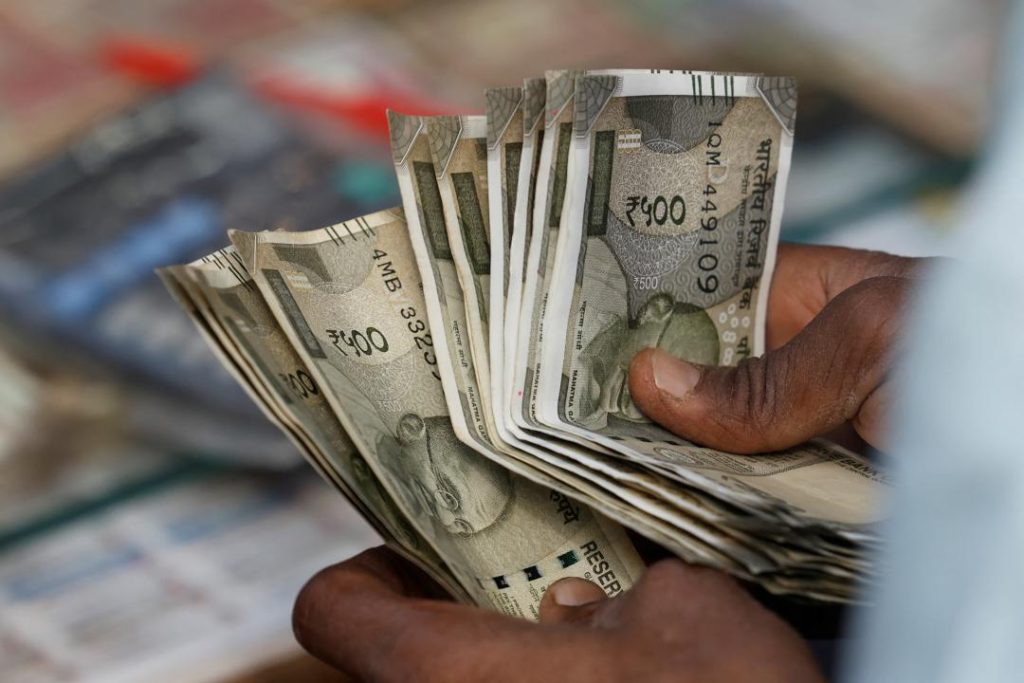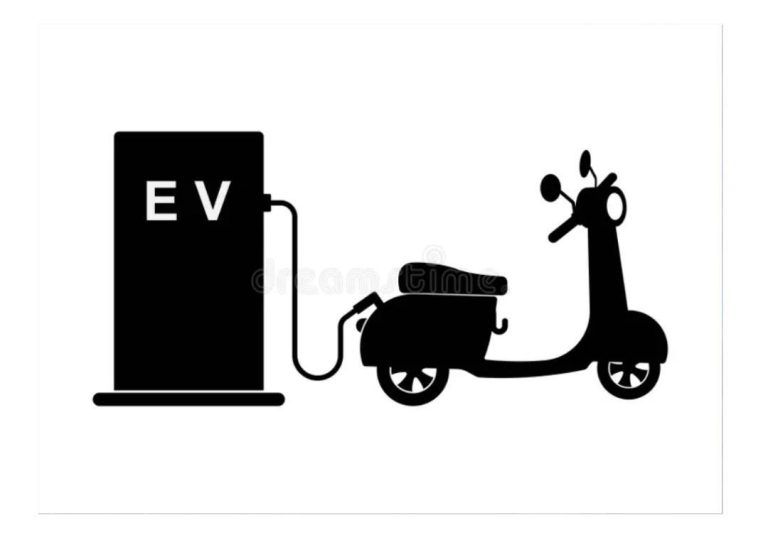
What Got Cheaper & Costlier in March as CPI Falls to 67-Month-Low of 3.34%?
India’s retail inflation, measured by the Consumer Price Index (CPI), has fallen to a 67-month-low of 3.34% in March, according to the latest data released by the Ministry of Statistics and Programme Implementation. This significant decline in inflation is attributed to a decrease in prices of essential commodities such as eggs, vegetables, and pulses, which comprise a significant portion of the average Indian’s daily diet.
The data released by the Ministry shows that the prices of eggs saw a substantial decline of 13.33% in March compared to the same period last year. Vegetables and pulses also witnessed a decline in prices, with vegetables falling by 5.46% and pulses by 3.95%. This decline in prices is a welcome relief for consumers, who had been facing rising prices of essential commodities for several months.
On the other hand, some commodity prices saw a marginal increase. Cereals, milk, oil, sugar, confectionery, clothing, snacks, sweets, pan, tobacco, footwear, fuel, health, and education all saw a marginal rise in prices, with the maximum increase being 1.14% for cereals.
However, the prices of some commodities saw a significant jump. Fruit prices, for instance, rose by 4.55% in March, which is a significant increase considering the decline in prices of other essential commodities.
The prices of spices, meat, fish, housing, recreation, and amusement also saw a marginal decline, with the maximum decline being 0.83% for spices.
The decline in inflation is a result of several factors, including a good monsoon last year, which led to a bumper harvest, and the government’s efforts to control prices of essential commodities. The government has also taken measures to improve the supply chain and reduce wastage of foodgrains, which has helped to keep prices under check.
The decline in inflation is also expected to have a positive impact on the economy. With prices under control, consumers are likely to have more disposable income, which can lead to increased consumption and economic growth. The Reserve Bank of India (RBI) is also expected to take note of the declining inflation and may consider reducing interest rates in its next monetary policy review.
The Indian economy has been facing several challenges in recent times, including a slowdown in growth and a decline in consumption. The decline in inflation can be seen as a positive sign, as it can help to boost consumer confidence and lead to increased consumption and economic growth.
In conclusion, the decline in inflation in March is a welcome relief for consumers, who had been facing rising prices of essential commodities for several months. The decline in prices of eggs, vegetables, and pulses is particularly significant, as these commodities form a significant portion of the average Indian’s daily diet. While some commodity prices saw a marginal increase, the overall decline in inflation is a positive sign for the economy and suggests that the government’s efforts to control prices of essential commodities are paying off.





